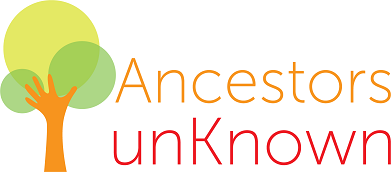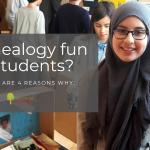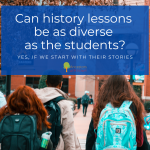4 reasons ancestors should teach history
Family memories and everyday people can help us teach history
I’m a big advocate for changing the way we teach history. I’ve been ready to ditch traditional history textbooks and disrupt broken trends of erasure and revisionism. With so many important people and events written out of mainstream historical memory, millions of students are also left on the sidelines. Seeing so few accurate representations of their histories, black and brown students typically must view the past as spectators.
Some students might think, “this is an interesting story, or whatever, but it doesn’t have anything to do with me.” If students think history has nothing to do with them, the lessons are missing the whole entire point of teaching history.
In my revolution, history books are re-written; historical narratives are broadened and revised; and the students’ ancestors have a platform to tell their unique stories. With this approach, everyone gets in the game.
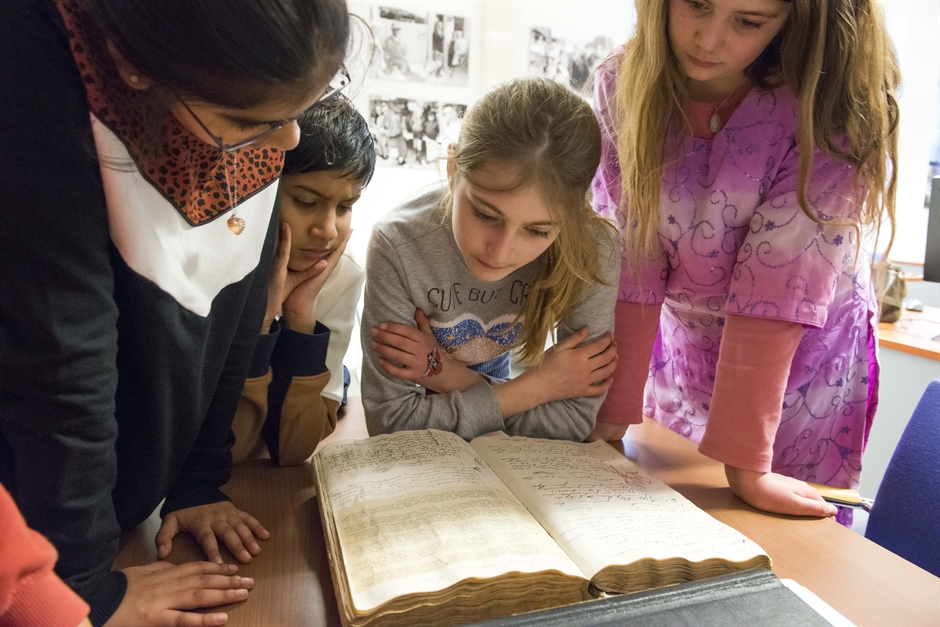
Since I’m the one who started Ancestors unKnown, you might think I’m biased about the value of our ancestors in history education. Indeed, I’m biased and committed to convincing you to feel the same.
Here are 4 reasons why our ancestors and other everyday people can (or should) teach children about history.
Asking more questions
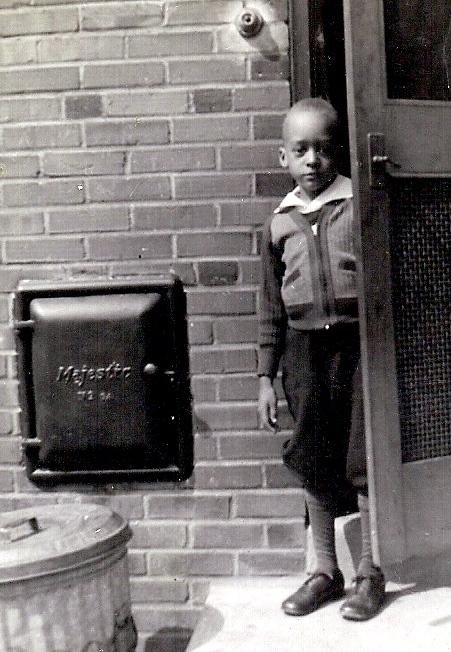
Your first thought may have been, “but so many students don’t know anything about their ancestors.” Exactly. This is the first matter that should be remedied. Due to history’s unfair treatment of so many of our ancestors, their stories haven’t made it to public view. And many of us believe their stories were erased – or never mattered enough to be remembered. So, students don’t bother asking some important questions about their own histories.
Ask a grandparent. Ask a community elder. Ask the librarian. Ask the internet. There’s more information about our histories than we already know. We just need to stop believing the myths. And our students must start asking the right questions.
New heroes
In a traditional history textbook, white men are almost always at the center of the heroic narrative – even when it shouldn’t be about them. Like my personal favorite, “hooray for the white people who freed the slaves!”
We’re negligent if we let young people internalize this limiting view of heroism.
Let’s encourage students to celebrate the everyday heroism in their families and communities. The great grandmother who walked to work during the bus boycotts. The uncle who fought in Vietnam. The cousin who started a business in Harlem during the 1970s. These stories about our everyday heroes might tell an even better and more captivating tale about the past than, let’s say, a president’s speech.
And suppose my classmate’s 2x great grandfather was a Sioux warrior who fought in the Dakota War of 1862. Her hero just became a hero and educator for me as well.
Increasing value of personal histories
With their ancestors at the forefront of history lessons, students can learn the unique value of their ancestors’ experiences.
I often hear students (and adults) say, “My family history is so boring. My ancestors were just .”
Nonsense! Every single person who came before us had something interesting to say, learned something interesting, went somewhere interesting, or ate something interesting. It’s all interesting, especially if it’s new information. Whether your great grandmother was a farmer, teacher, seamstress or stayed at home, she has plenty to teach you and the rest of us about the past.
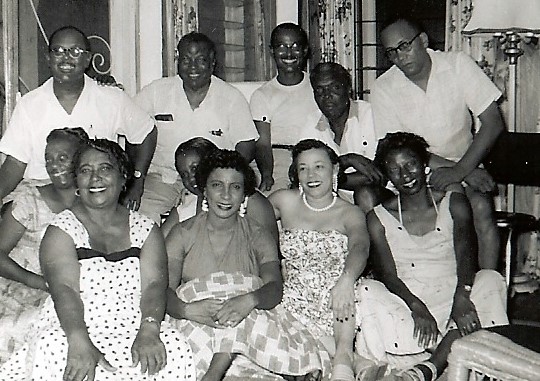
Students see how important they are
If you’ve been led to believe history is only made by white men in uniforms, you might also believe you can’t make history.
By placing everyday people at the forefront of history lessons, educators can correct this common misunderstanding among young people. When we teach about the significance of their ancestors’ lives, students remember their own significance. And maybe they’ll aim to be the subject and hero of someone else’s history book in the future.
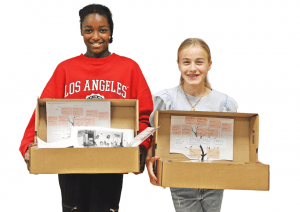
Have you tried using personal histories to teach history to your students? How did they respond? Share your experiences and/or questions in the comments!
Learn more about the Ancestors unKnown curriculum and workshops that introduce students to family history research and other untold histories.
